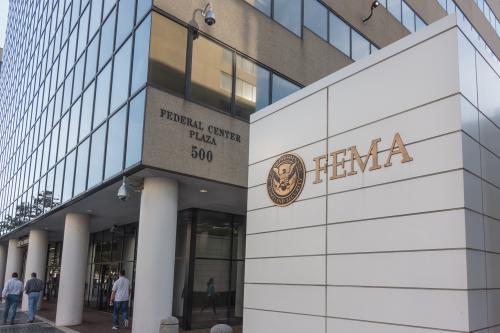For more than 30 years, the United States has struggled to enhance its energy security. Unfortunately, these efforts have been episodic rather than systematic. Attention to energy security reaches a fever pitch when global energy prices spike or international conflict threatens to disrupt energy trade.
Recommendations
Responding to these immense challenges will require the full weight and leadership that a new President will bring to office. The next President should:
- Make energy efficiency a national priority and immediately establish the goal of increasing energy efficiency by 2.5 percent per year
- Act early on the energy-climate connection by quickly launching a climate change mitigation instrument, however flawed, rather than spending years developing a comprehensive one
- Avoid policies that ease one part of our energy security problem-import dependence-at the expense of worsening climate change
- Initiate a national dialogue about energy security, consumption, and tradeoffs in order promote energy awareness
- Develop a realistic strategy for energy policy over the long haul, focusing on patience, flexibility, and international cooperation.
Download Position Paper (PDF)
Download Fact Sheet (PDF)
Opportunity 08 aims to help 2008 presidential candidates and the public focus on critical issues facing the nation, presenting policy ideas on a wide array of domestic and foreign policy questions. The project is committed to providing both independent policy solutions and background material on issues of concern to voters.



